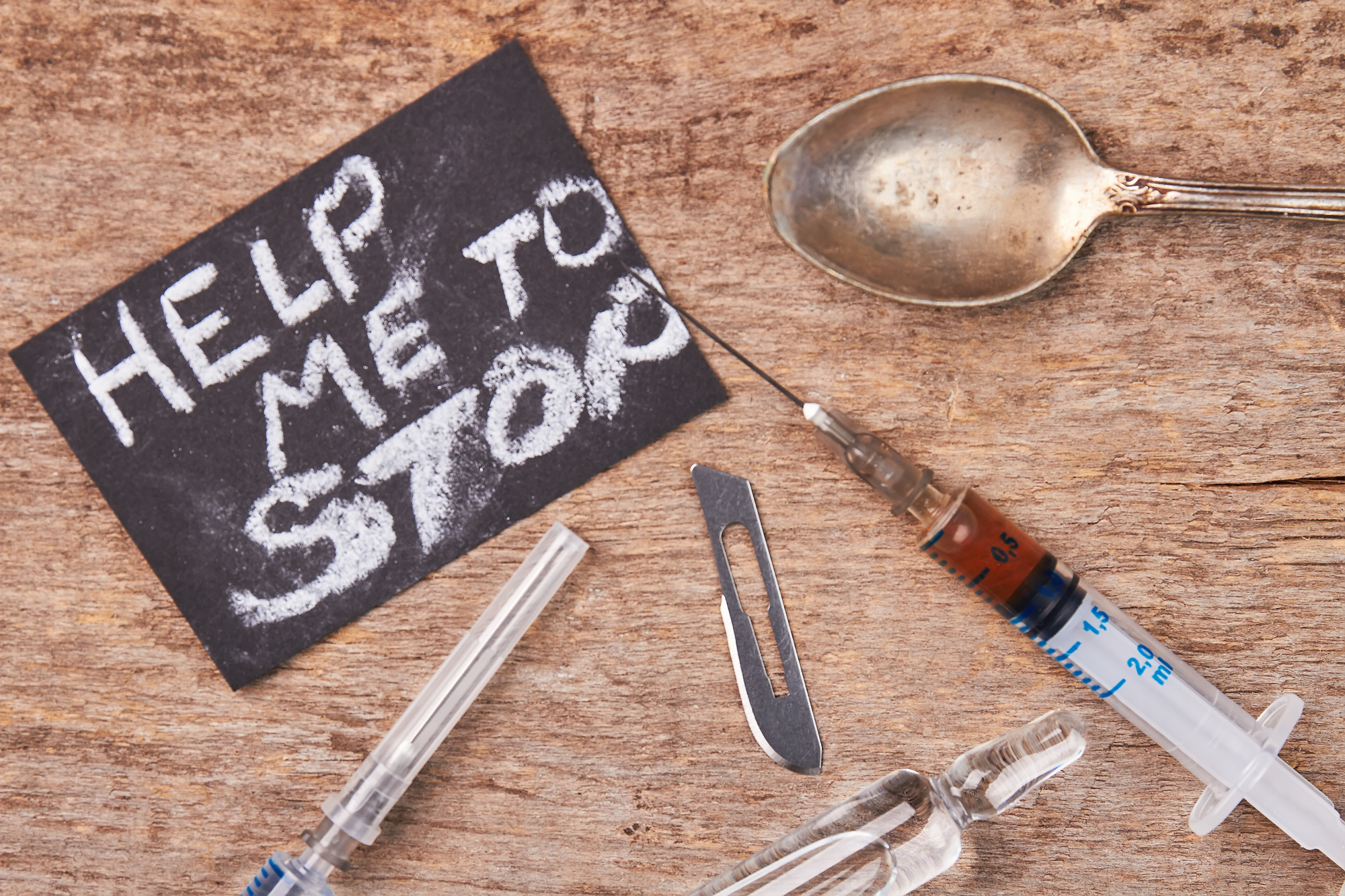
When you think of drug use, you may assume that you’ll recognize it when you see it. But is this the case?
The fact of the matter is that people don’t always outwardly display their drug use. Drug use can often be harder to recognize than you might expect.
Thankfully, there are some clear signs of drug use that you can keep an eye out for. With this in mind, here are the symptoms of drug use and how you can help the people you love.
What Are the Signs of Drug Use?
Drug use can have severe and harmful effects on a person’s physical and mental health. Recognizing the signs of drug use is essential in addressing addiction and supporting recovery. Here are some common symptoms of drug use to look out for.
Physical Signs
One of the most common physical signs of drug use is bloodshot eyes. This can result from drugs causing the blood vessels in the eyes to dilate, leading to redness and irritation.
Dilated or constricted pupils are also common signs of drug use, as certain drugs can affect the size of the pupils. Changes in appetite or sleep patterns, sudden weight loss or gain, and changes in hygiene or grooming habits can also be physical signs of drug use.
Behavioral Signs
One common behavioral sign of drug use is changes in social activities or hobbies. Individuals struggling with addiction may withdraw from the social activities they once enjoyed. They may spend less time with friends and family.
Secretive behavior is also common among individuals struggling with addiction, as they may attempt to hide their drug use from those around them. Increased risk-taking or reckless behavior is another behavioral sign of drug use.
They may also engage in behaviors that are dangerous or harmful. Examples are driving under the influence or engaging in risky sexual behavior. Sudden mood swings can also be behavioral signs of drug use.
Psychological Signs
Anxiety and depression are common psychological signs of drug use. Drugs can alter brain chemistry and lead to imbalances that contribute to anxiety and depression.
Paranoia, hallucinations, and delusions are common psychological signs of drug use, particularly among individuals who use hallucinogenic drugs.
Financial Signs
Drugs can be expensive, and individuals struggling with addiction may experience financial difficulties due to drug use. Sudden changes in spending habits are a common financial sign of drug use.
Individuals struggling with addiction may spend much money on drugs or drug-related activities. They may prioritize these expenses over other necessities. Borrowing money frequently and selling personal belongings are common signs of drug use.
Legal Signs
Getting arrested for drug-related offenses is a common legal sign of drug use. Driving under the influence and getting into legal trouble due to drug-related activities are common signs of drug use. These legal problems can have serious consequences, including fines, jail time, and a criminal record.
How Can You Help?
If you know someone struggling with addiction, knowing how to help can be difficult. Here are some ways that you can offer support.
Express Your Concern
Let the individual know that you are concerned about their well-being and offer your support. This can be done in many ways, such as by having an honest conversation with the individual or sending a message expressing your concern.
It’s essential to approach the situation with care and empathy since individuals struggling with addiction may feel shame or embarrassment about their situation. Expressing your concern can help the individual feel less alone and more motivated to seek help.
Encourage Professional Help
Suggest that the individual seek professional help for their addiction. It’s essential to approach the suggestion sensitively, as the individual may hesitate or resist seeking help.
It can be helpful to provide information about the different treatment options available and offer to help the individual find resources or make appointments.
Offer to Help Find Resources
Finding resources and treatment options can be overwhelming, especially for individuals who may not know where to start. Offering to help the individual find resources or make appointments can be a valuable step in assisting them in taking the first steps toward recovery.
Many resources are available today, including counseling, support groups, and inpatient or outpatient treatment programs such as a 12 step rehab service.
Be Ready to Listen
Sometimes, individuals struggling with addiction need someone to listen to them without judgment. Be willing to listen and offer emotional support. This can involve actively listening to what the individual has to say, offering encouragement or empathy, and letting the individual know that they are not alone.
Help Them Develop a Plan
Encourage the person to make a plan for how they will get better. This could mean making goals, getting help from a professional, or getting help from friends and family.
Handling this step carefully is essential because the person may feel stressed or unsure what to do next. Support and direction can help the person feel more in charge and driven to take recovery steps.
Don’t Ignore the Signs of Drug Use
Drug addiction can have a devastating effect on a person’s personal, emotional, and physical well-being. By familiarizing yourself with the signs of drug use, you can help someone you care about seeking help and support.
Talk to your loved one, show them you care, and offer to connect them with resources like drug recovery centers and support groups – that may be all it takes to help start the road to recovery.
We hope you found this article helpful. If you did, check out our blog for more valuable information.





